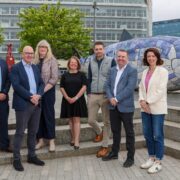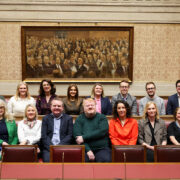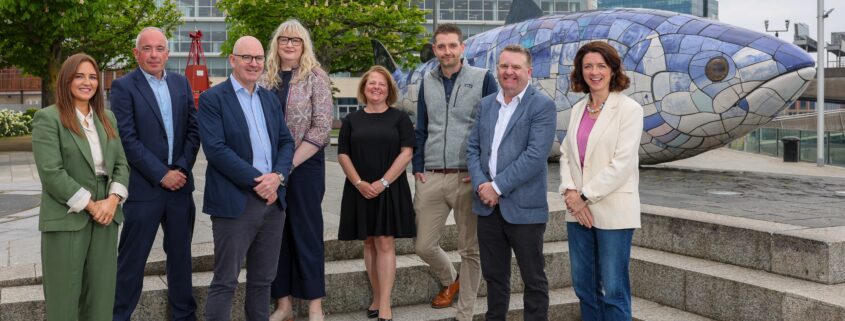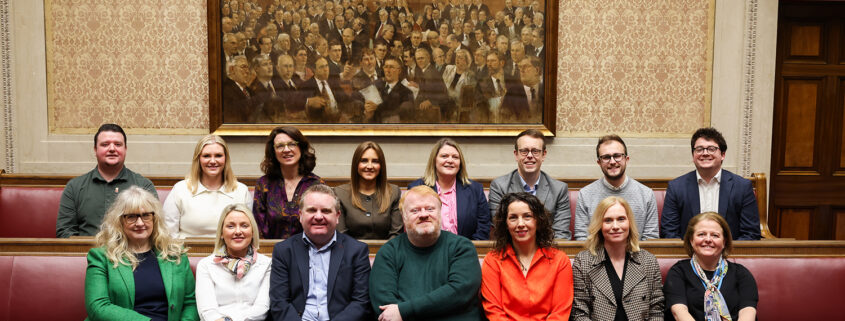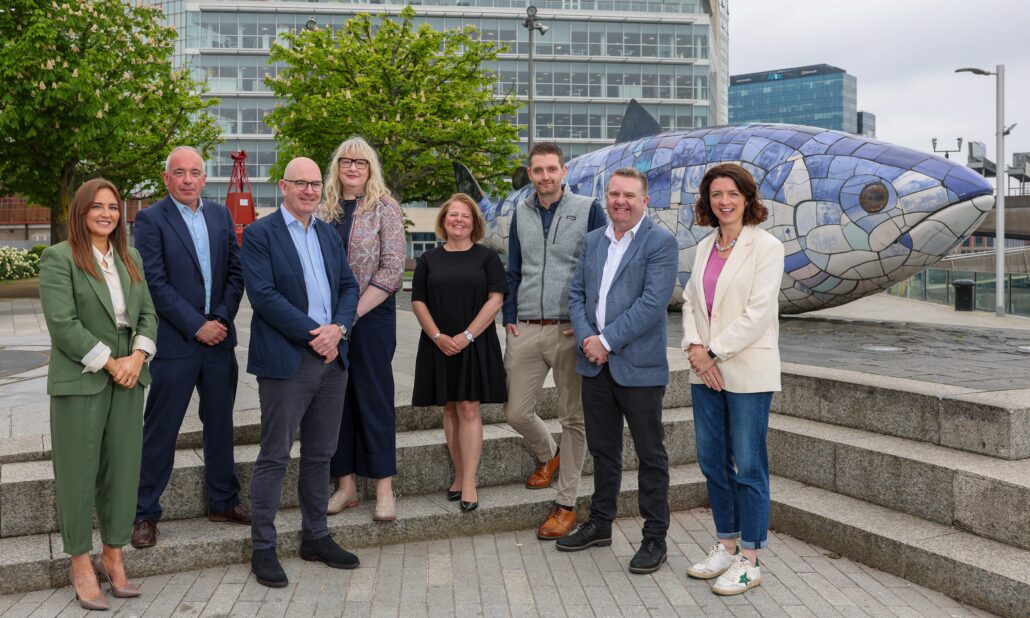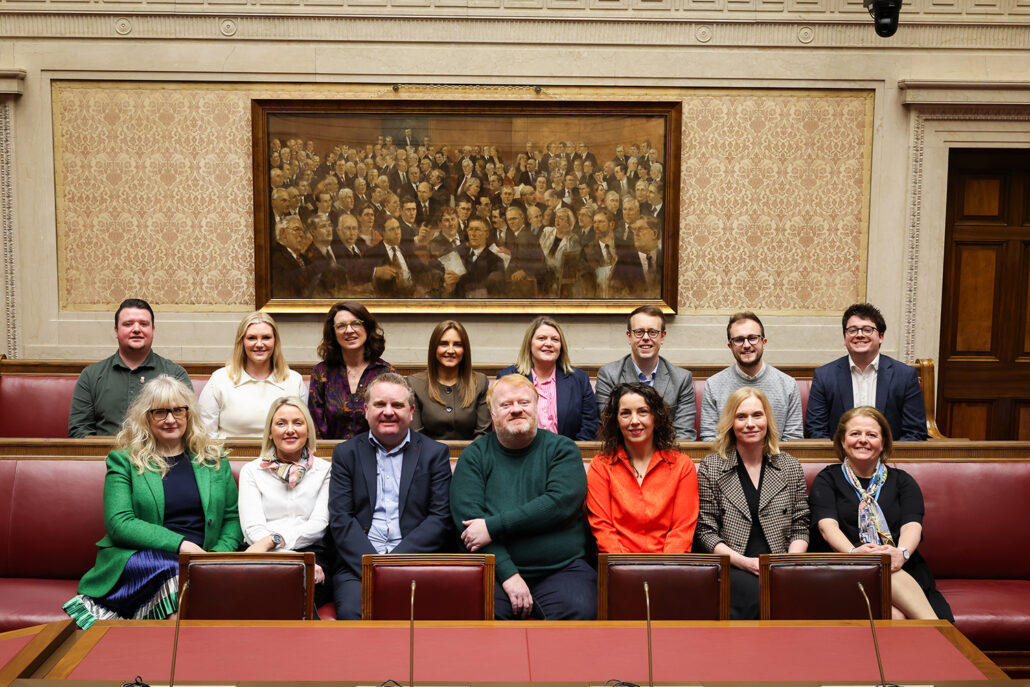Half Sized Blog Element (Single Author Style)
Half Sized Blog Element (Multi Author Style)
Business leaders launch applications for Fellowship Programme
The Centre for Democracy and Peace has opened applications for its Fellowship Programme 2025-26 to address real-world challenges and equip Fellows with practical skills in complex decision-making, design thinking, and collaboration, which are essential for navigating today’s economic, political, and social landscape.
Fellowship Project Calls for Action on Abuse of Political Candidates in Northern Ireland
A group of leaders from the Centre for Democracy and Peace’s Fellowship Programme have designed a new initiative tackling the abuse and intimidation faced by political candidates in Northern Ireland. As part of the programme’s design thinking module, the team explored real-life challenges and developed solutions aimed at fostering a safer and more inclusive political environment.
Business leaders launch applications for Fellowship Programme
The Centre for Democracy and Peace has opened applications for its Fellowship Programme 2025-26 to address real-world challenges and equip Fellows with practical skills in complex decision-making, design thinking, and collaboration, which are essential for navigating today’s economic, political, and social landscape.
Fellowship Project Calls for Action on Abuse of Political Candidates in Northern Ireland
A group of leaders from the Centre for Democracy and Peace’s Fellowship Programme have designed a new initiative tackling the abuse and intimidation faced by political candidates in Northern Ireland. As part of the programme’s design thinking module, the team explored real-life challenges and developed solutions aimed at fostering a safer and more inclusive political environment.

